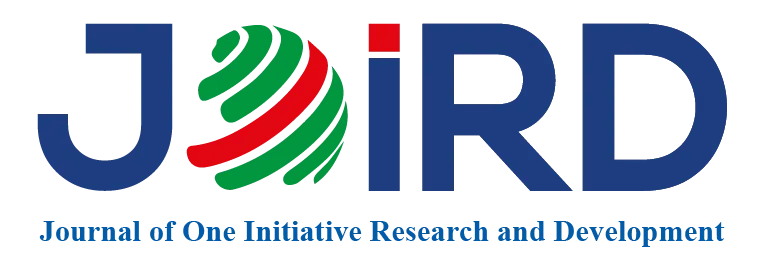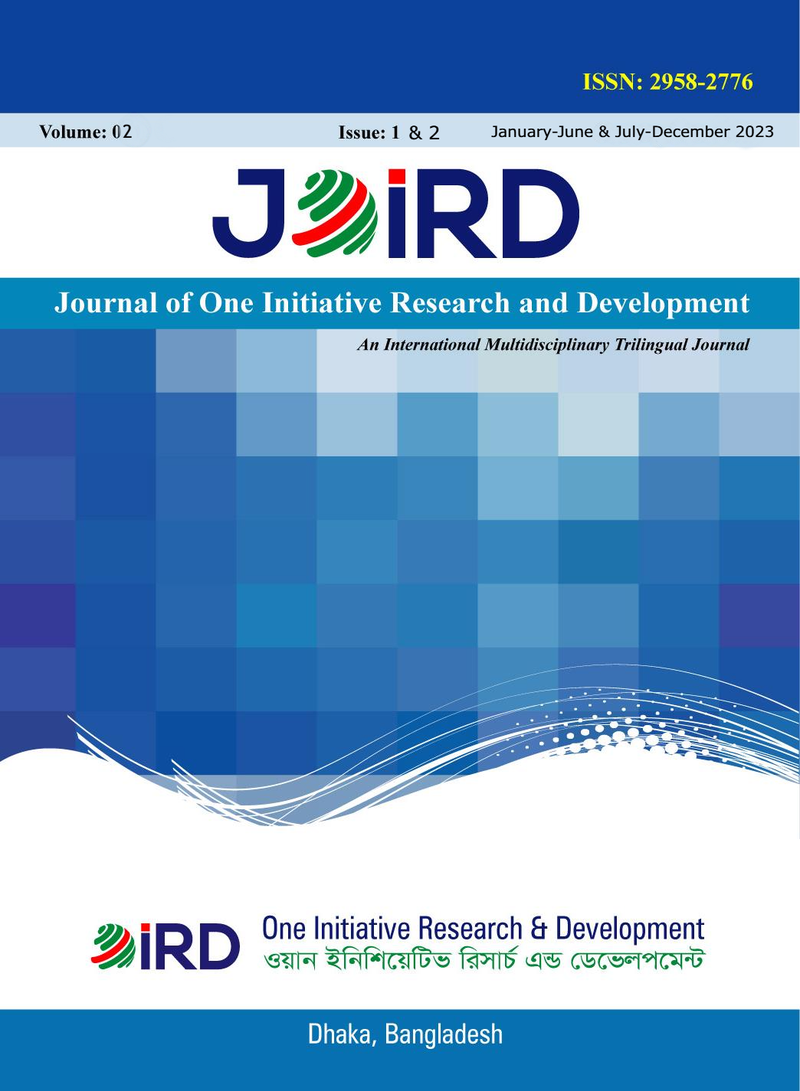Vol.: 02 Issue: 01 & 02: Cultural Imperialism: Bangladesh Perspective
Md. Abdur Rob:
Professor, Department of Geography and Environment, University of Dhaka. Email: [email protected]
Kazi Shihan Mirza:
Assistant Directorof Centre for Advanced Studies and Thoughts
Mohammad Mohiuddin Sarkar:
Deputy Executive Directorof Centre for Advanced Studies and Thoughts
Golam Sarwar:
Assistant Director,of Centre for Advanced Studies and Thoughts
Keywords
Culture, Imperialism, Cultural Imperialism, Colonialism, Bangladesh, Hegemony, Post-colonialism, Islam, Muslim, Bengali
JEL Classification:
F54
Abstract
Cultural imperialism, in its pervasive form, is mostly a modern phenomenon. Though imperialism has been mostly used in the political sense and, by Marxists, in the economic sense, lately, it has also been conjoined with culture. This is mostly because of the close nexus among politics, economics, and culture and how culture has been a vehicle for regional and global superpowers to further their political and economic interests. Bangladesh, like many other third-world countries, is at the receiving end of the brunt of cultural imperialism. There exists a considerable confusion among the majority of Bangladeshi people, who happen to be Muslims, about their true identity, which often manifests in the form of debate on 'which identity comes first: Bengali or Muslim?' This confusion is engendered by multiple watershed moments in Bangladesh's political history. The fixation of national identity is necessary to understand and analyze the nature of cultural imperialism to which Bangladesh is being susceptible. However, It can be shown evidently that Muslim identity is the most rooted identity for Bangladeshi people, 90% of whom are Muslims, and which can provide the deepest anchorage for them. Bangladesh is hegemonized by two cultural strands: regionally Indian culture and globally Western culture. There is a dire need to address this issue if Bangladeshi people want to maintain cultural uniqueness.

